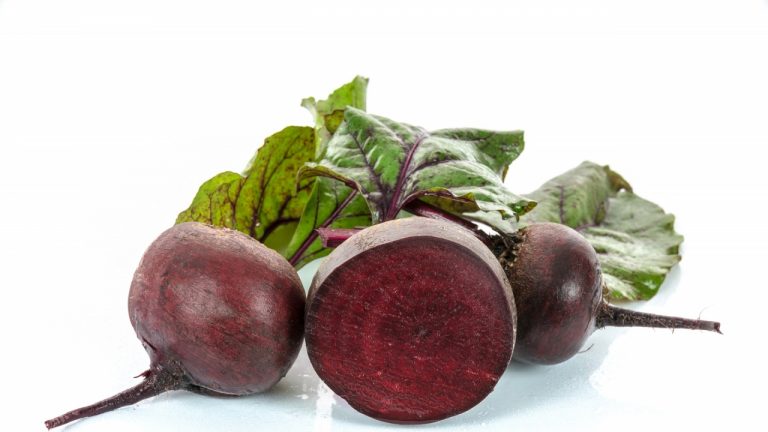What is Plant Stress Physiology?

Plant stress physiology is the study of how plants respond to various environmental stresses, such as drought, high temperature, cold, salt, heavy metals, and pathogens. Plants have evolved different mechanisms to cope with stress, and plant stress physiology aims to understand these mechanisms at the cellular, molecular, and physiological levels. Some of the key areas of research in plant stress physiology include:
Plant responses to drought stress: Understanding how plants adapt to water scarcity is important for developing drought-resistant crops.
Heat and cold stress: Plants have different strategies for coping with extreme temperatures, and understanding these strategies can help improve crop productivity in areas with fluctuating temperatures.
Salt stress: Salinity is a major constraint for crop production, and understanding how plants cope with high salt levels can help develop salt-tolerant crops.
Heavy metal stress: Some plants have the ability to tolerate and accumulate heavy metals in their tissues, which can be used for phytoremediation of contaminated soils.
Plant-pathogen interactions: Plants have different mechanisms to defend against pathogens, and understanding these mechanisms can help develop disease-resistant crops.
Overall, plant stress physiology is an important field of research for improving plant productivity and resilience in the face of environmental challenges.



